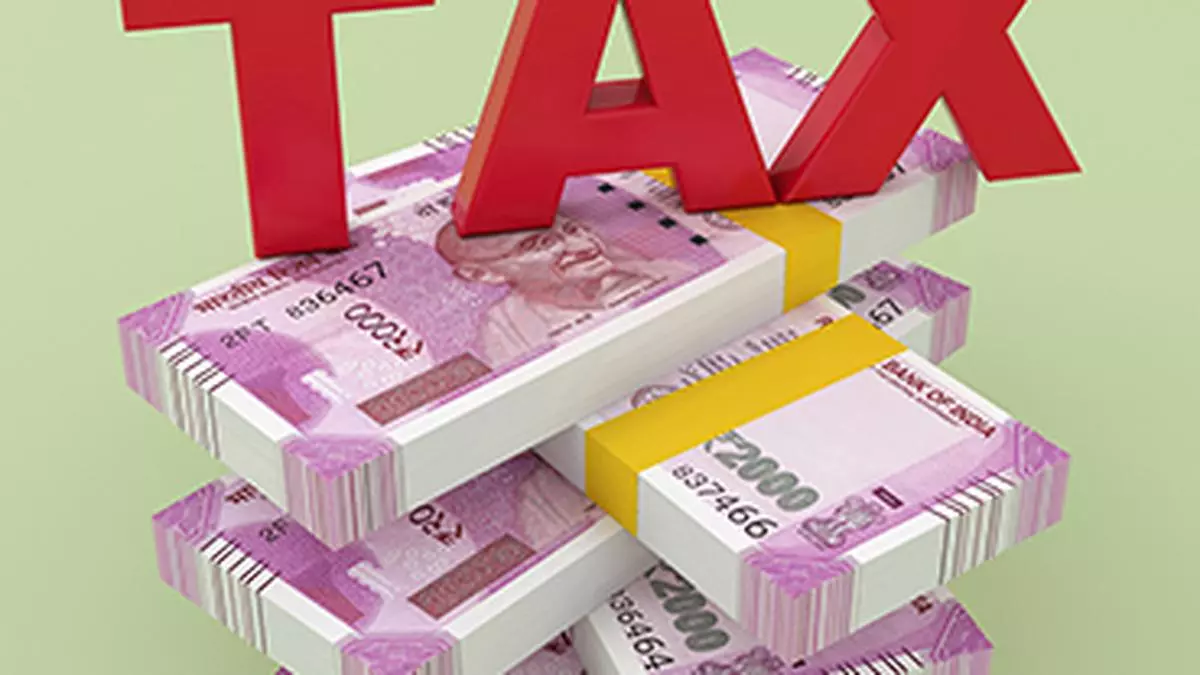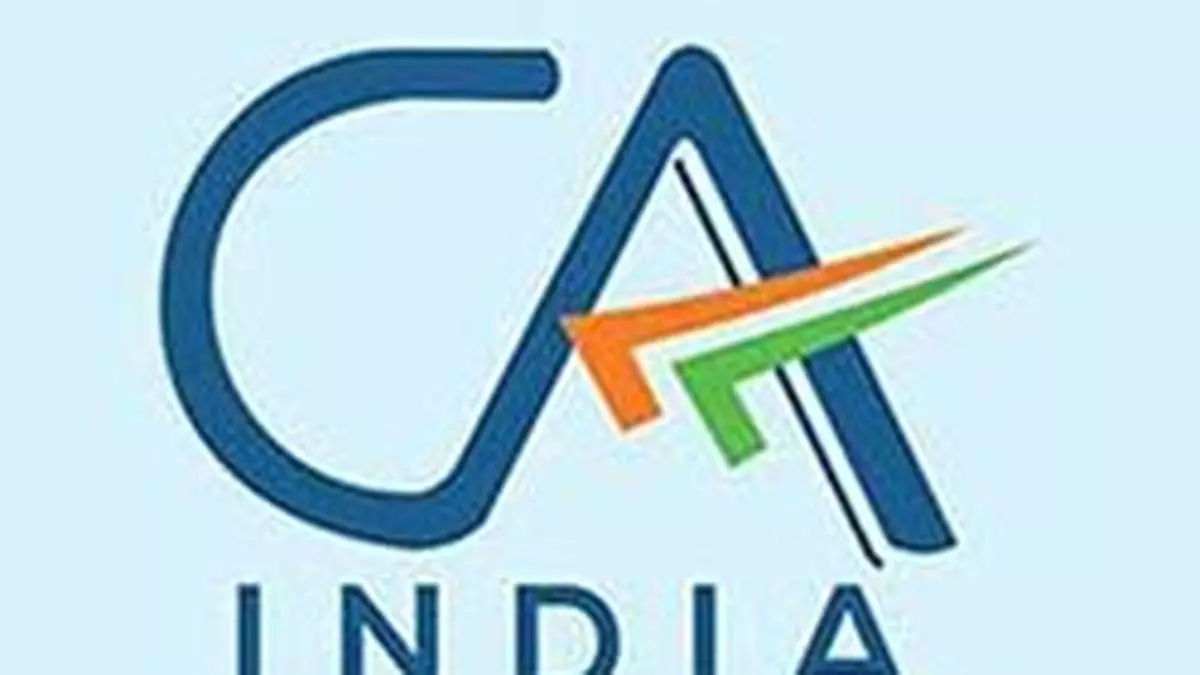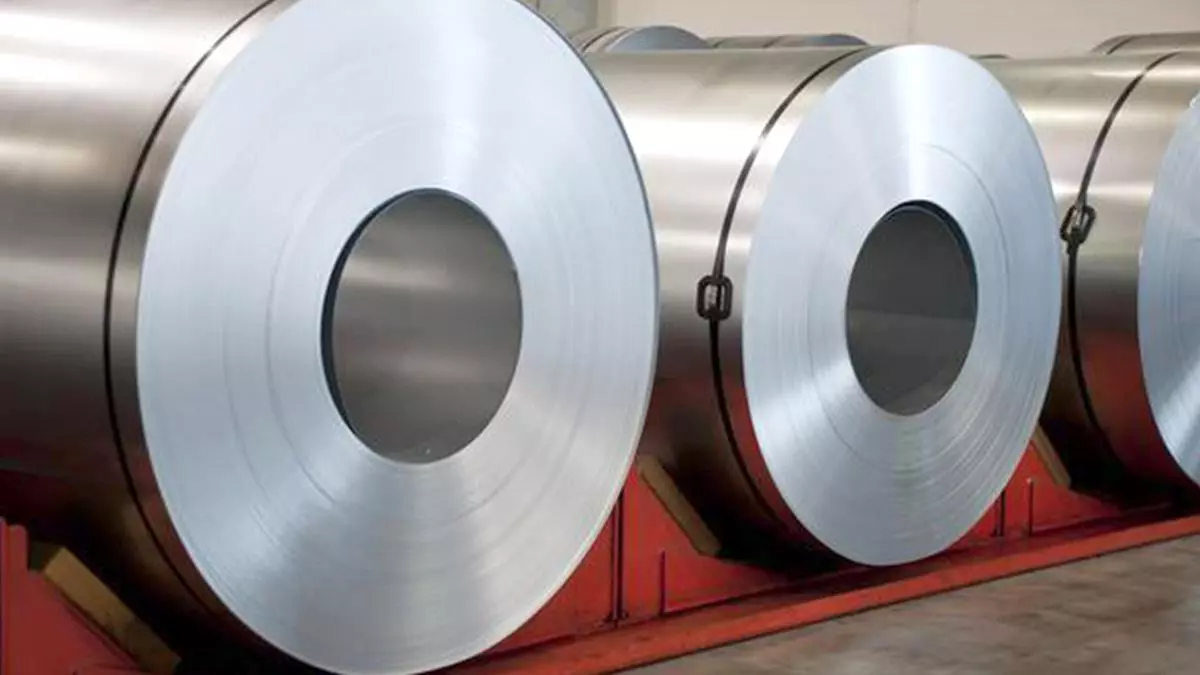
Improved compliance, along with rising income levels, helped the government collect over â¹18.9-lakh crore as net direct taxes from April 1 to March 17 of the current fiscal. With this, 97 per cent of the revised estimate of â¹19.45-lakh crore has already been achieved, with the expectation that the collection could exceed the target.
Data released by the Central Board of Direct Taxes (CBDT) on Tuesday showed that net collection recorded a growth of around 20 per cent over â¹15.77-lakh crore during the corresponding period of the last fiscal. Net collection includes Corporate income tax (CIT) at â¹9.14-lakh crore and personal income tax (PIT) including securities transaction tax (STT) at â¹9.72-lakh crore.
If this trend continues, this fiscal will close with PIT higher than CIT. Income Tax data for the period starting from FY01 to FY 23 showed that there have only been two instances (FY21 and FY23) when PIT collection was higher than CIT. The Budget document for FY25 has revised the PIT collection to over â¹10.22-lakh crore as against 9.22 lakh crore during the current fiscal year. It will be the second successive year of PIT being higher than CIT and over the third year in the last 23 years.

Meanwhile, provisional figures of total advance tax collections for the financial year 2023-24 (as of March 17) stood at over â¹9.11-lakh crore, which is over 22 per cent higher than the previous year figure of over â¹7.45-lakh crore. The advance tax collection comprises Corporation Tax (CIT) at over â¹6.73-lakh crore and PIT at â¹2.39-lakh crore.Â
Sumit Singhania, Partner, Deloitte India, said, âA nearly 20 per cent year-on-year growth in tax revenues underlines the continued momentum of tax policy reforms carried out round the year and not necessarily as a part of the annual budgetary exercise. What also stands out is the significant growth in advance tax collections, which arguably can account for growing voluntary compliance across taxpayer categories.
As per Section 208 of the Income Tax Act 1961, every person whose estimated tax liability for the year is more than or equal to â¹10,000 after TDS is liable to pay advance tax. Those who are excluded from paying advance tax are senior citizens who are over the age of 60, not having any income from business or profession. One can pay the advance tax in four instalments by the 15th day of June, September, December, and March. The collection of an advance tax indicates economic activity.
Crime Today News | Business & Economy
Source | Powered by Yes Mom Hosting




